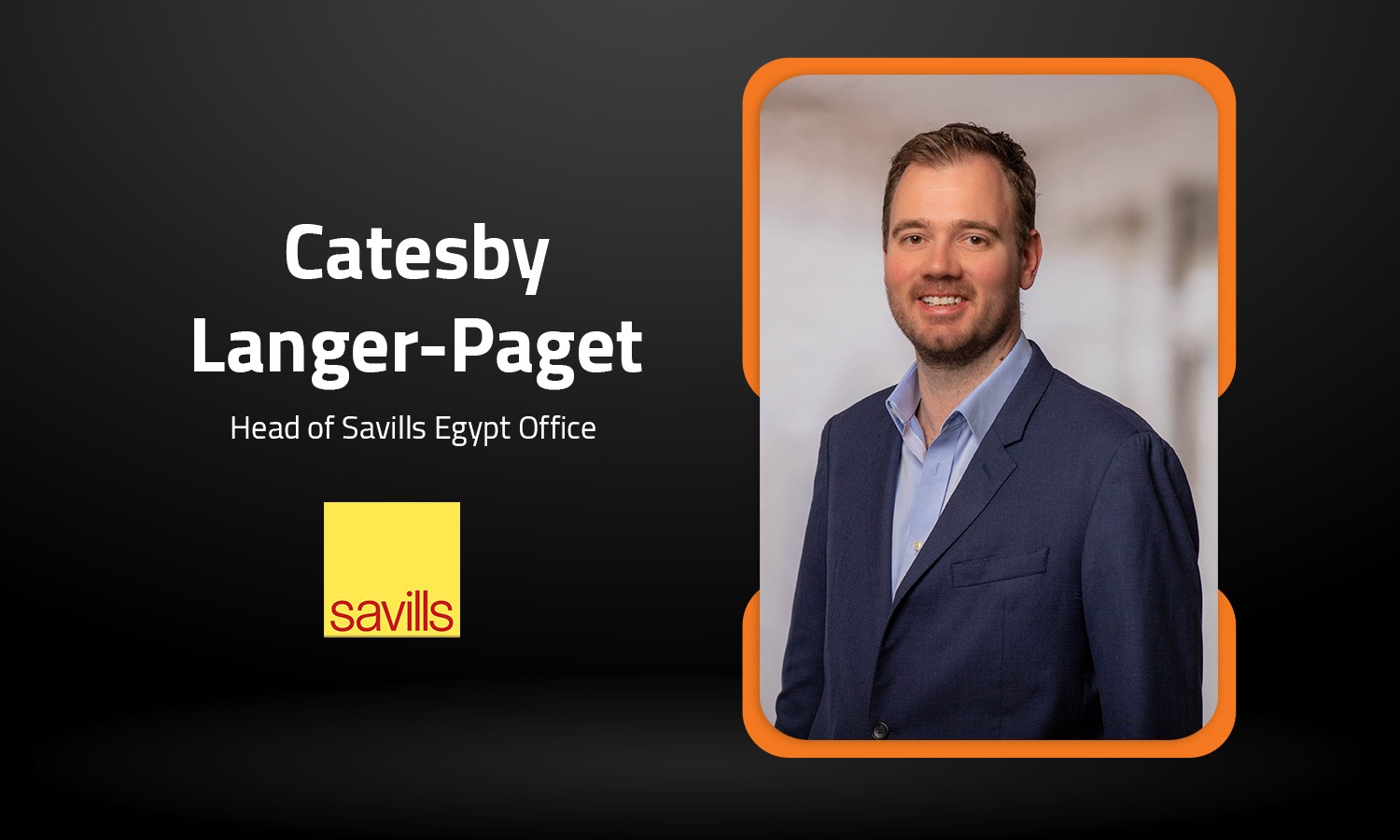Health Investments: Egypt’s Path to Economic Growth via Public Health
Updated 12/3/2024 8:00:00 AM
Public health is a cornerstone of Egypt’s overall economic landscape. With a large and diverse population, understanding their health needs and demographics is essential for fostering economic development.
In recent years, public health initiatives have improved health outcomes and highlighted their economic significance.
The government's commitment to health is further underscored by increased budget allocations to enhance healthcare infrastructure and services.
The Intersection of Health in Economic Development
Public health, healthcare infrastructure, and health insurance are necessary for the country’s economy to flourish.
A healthy, inclusive, and aware society drives the success of the Egyptian economy. As society becomes more productive, work environments improve, providing all means of well-being for Egyptian citizens in all the different areas necessary for living a decent life, Minister of Health Khaled Abdel Ghaffar said last June during the 2024 International Conference of the Institute of National Planning (INP).
“The medical file is one of the most important pillars of any company. Employees' well-being is essential for job performance. As HR professionals, we ensure comprehensive medical coverage for employees from their start date until resignation. This not only retains employees but also guarantees the company’s productivity by maintaining a healthy workforce,” Lamiaa Sharara, an HR manager, tells Arab Finance.
Egypt's public health encompasses efforts to promote health, prevent disease, and prolong life through organized actions by public and private entities, communities, and individuals.
With a population of over 107 million, 3.8% of employed persons were engaged in human health and social work activities from April to June 2024, according to the Central Agency for Public Mobilization and Statistics (CAPMAS).
In 2022, Egypt had a total of 662 governmental hospitals with 88,427 beds. Meanwhile, in 2021, the private sector accounted for 63.3% of hospitals and 29.3% of hospital beds across the country, as per CAPMAS' ‘Egypt in Numbers Annual Bulletin’ issued in March 2024.
In June, the House of Representatives approved the budget plan for the upcoming fiscal year (FY) 2024/2025. The budget allocates EGP 18.4 billion for healthcare subsidies, EGP 2.4 billion for comprehensive health insurance, and EGP 15.4 billion for the EgyptHealthcare Authority (EHA), with EGP 8.4 billion from the general treasury. Additionally, EGP 26.7 billion was allocated for health initiatives, medicine, and supplies.
In this regard, the health sector contributed 5.53% to the country’s gross domestic product (GDP) growth rate for FY 2023/2024, according to the Ministry of Planning and Economic Development.
These efforts align seamlessly with the United Nations (UN) Sustainable Development Goals (SDGs) 3, prioritizing healthcare infrastructure, expanding access to quality care, and implementing innovative health initiatives.
Hence, preventive healthcare, maternal and child health, and non-communicable diseases are key focus areas that directly impact human capital development and economic growth.
Egypt's Commitment to an Advanced Health Sector
Aligning with SDG 3, health initiatives in Egypt are primarily focused on achieving Universal Health Coverage (UHC).
Supported by the World Health Organization (WHO), Egypt is actively working to strengthen health systems to achieve UHC. This includes developing a regulatory framework and improving access to quality health services for all citizens.
The Egyptian Constitution underscores health as a national priority, with Article 18 guaranteeing the right and access to quality healthcare services, according to the WHO website.
Egypt also adopts health initiatives focusing on child health and well-being, as kids are the future developers of Egypt’s economy. Economist Ibrahim Yousif tells Arab Finance: “The integrated health and nutrition initiative, co-funded by the Ministry of Health and Population and UNICEF, aims to reduce child mortality by 20% and malnutrition by 30% in impoverished communities."
“The Ministry of Health emphasized the importance of providing integrated health programs to improve the nutrition of pregnant women and protect new generations from chronic diseases,” Yousif explains.
Future Health Investments
Investing in health impacts the nation’s social and economic future and contributes to human development, which is reflected in economic growth rates.
Declining government spending on the health sector affects the quality and safety of health and preventive services. This negatively affects members of society, reducing both human development and economic growth rates, according to a paper entitled ‘The health system and its role in economic growth in Egypt’ published by the Journal of Environmental Sciences, Faculty of Graduate Studies and Environmental Research at Ain Shams University, in 2022.
In October 2024, EHA’s Chairman Ahmed El-Sobky confirmed during the Egypt-France Business Forum that Egypt is in a golden phase for health investments. This enhances the private sector’s role and provides a stimulating investment environment.
El-Sobky stated that the Egyptian political leadership pays great attention to supporting investment and sustainable development.
Meanwhile, Sharara added that investment in the Egyptian medical file will encourage employees to join the private sector and feel secure medically, even when changing companies.
To ensure the sustainability and efficiency of medical services provided in the public sector, in June 2024, President Abdel-Fattah El-Sisi ratified a law enabling the private sector to establish and operate public health facilities under specific conditions.
Egypt is working on sustaining the current bed-to-population ratio of 13:10,000 through significant investments and private sector incentives. The Ministry of Planning and Economic Development outlined plans to ensure adequate medical staff.
As Egypt continues prioritizing health and well-being, it is poised to reap the benefits of a healthier population and a more robust economy. The synergy between public health and economic development is undeniable.
By investing in its healthcare infrastructure, expanding access to quality care, and implementing innovative health initiatives, Egypt is taking significant steps toward achieving its goal of the UHC.
By Sarah Samir
Related News











